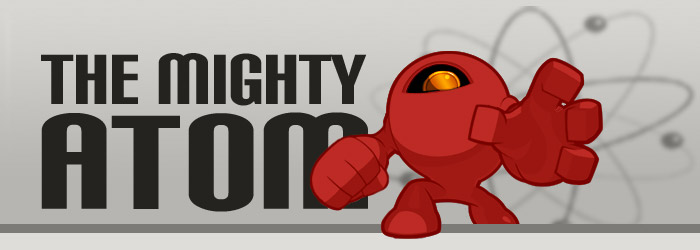Playing With Cards: Danger Patrol
Wednesday, May 04, 2005
The basic idea:The players play a simple card game to resolve conflicts (which are usually multi-stage affairs, like the Raises and Sees of DitV). In order to play a card in the card game, however, you must narrate events in the SIS. Using character traits in narration gives you access to certain game-resources (in other words, using character traits rewards the player).
The winner of the card game, naturally, wins the conflict (i.e. the stakes resolve in his or her character's favor). The other players get back resources (and/or lose them) based on the cards they played. A "loser" might win a pile of Director-power chips for instance.
That's been the basic structure of the system for the past year or so. The details of the "simple card game" are shaping up now and I'm pretty happy with the results. My goal is to make in-the-moment player choice extremely simple (higher value, same suit, diff. suit, etc.) and to make every option appealing for a different reason. Some will help win the conflict and some will help you lose it -- and both outcomes can be attractive to the player. Fred's PACE and Tony's Capes both do this very well.
Looking at the design in this way, I see the influence of Universalis all over it. "Play a card and narrate an event" is essentially the Uni core system, with "card" replacing "coin." And the notion of winning resources for losing is another key element of that game. I'm pretty happy that Uni still has a strong presence in this design. I want DP to appeal to all of my cool non-gamer friends, and the games they like the most are Universalis and Primetime Adventures.
Right now, the "simple card game" is akin to Uno. The initiating player in the conflict pays a card to open, and narrates an action that their opponent can't ignore. Then the responding player chooses a card to play. The four possibilities of card provide four different narration options and game effects:
- Higher Value, Same Suit
"Not so fast..." Block! Give a complication. - Higher Value, Diff. Suit
"No, and..." Block! - Lower Value, Same Suit
"Yes, but..." Take a hit. Give a complication. - Lower Value, Diff. Suit
"Yes, and..." Take a hit.
So, how do you win a conflict? Right now, a conflict is over when one side takes 10 hits. The winner is the side with the fewest hits taken.
I'm going to hold off on talking about traits and complications now. My question is:
Does the conflict win/lose condition make sense? What about ties? There is probably a better way to deal with this, but I haven't thought of it yet.
Discuss.













8 Comments:
I want to see an example of a complication in action.
I'm Zurg Lanternjaw, and I'm trying to shut down the ATOMIC destructo ray before the evil Doctor MEGABAD can train it on Rocket City.
So I slap down a 5 clubs, saying "I wrench the control lever over to the OFF position, boy was that easy," and you put down a 10 clubs, saying COMPLICATION!
What happens then?
Yes. An example. That will make more sense out this stuff. Comin' right up.
"...and Zurg, not knowing his own strength, rips the control lever right out of the machine!"
Is that complicated enough for ya?
-milo
Oh, and I admittedly don't know what sort of thing is supposed to happen if Mr. Lanternjaw then plays a lower card, different suit. Why would he spend a card when he's lost the conflict? Wouldn't say, I don't know, throwing the broken lever at a thug be a new conflict?
-milo
My understanding is that one complication doesn't mean the conflict has been lost. In fact, you can't win or lose unless someone has taken 10 hits.
That, of course, means conflicts should be interesting enough to be worth playing a minimum of 10 cards.
Matt has it right. A conflict consists of many exchanges. It's not over until at least 10 cards have been played.
And you actually get something for losing a conflict (your Danger meter goes up, which is sometimes what you want) so players will sometimes play low and take the hits so they can lose. If you can saddle your opponent with a few choice complications along the way, so much the better.
The example will help make sense of this, I hope.
Thanks for the tip, Ben. I cannot, however, condone the use of "hella" under any circumstances.
There. I am an Old Coot.
Thanks for the great article. We come from the vegus website. You may know, please click
Post a Comment
<< Home